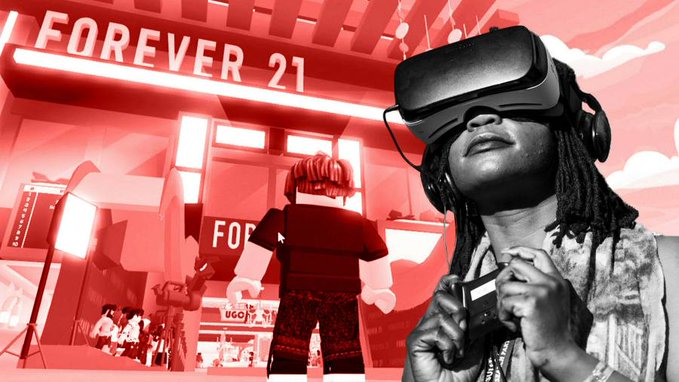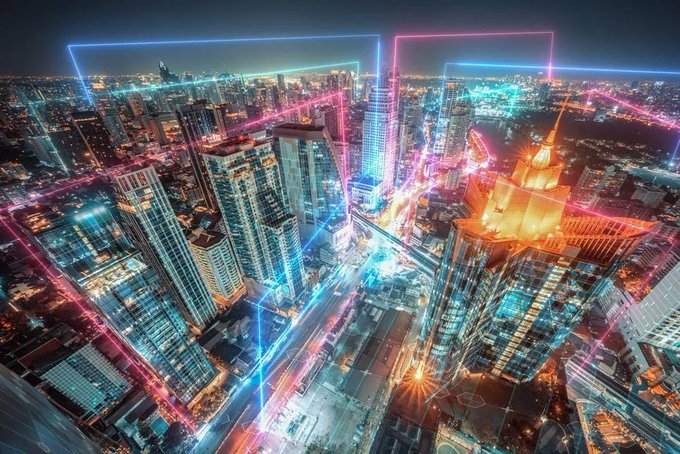The metaverse branch of the fast-fashion chain Forever21 is an assault on the senses. You — as an avatar — enter past a bank of adoring fans and photographers, as though a Hollywood A-lister. You then have a pick of five floors: some with digital clothing to buy with virtual currency, others with a space to get your eyelashes done. When you get to the roof, you are floated off in a bubble to get back to the ground level. Retailers like Forever21, Nike and Chipotle are rushing to create virtual world stores in a bet it will boost real world profits. But is it a passing gimmick and just hype, or will the metaverse allow for the creation of low-overhead, high-margin ecommerce businesses that will transform global retail? Tech giants, including Facebook parent Meta and Microsoft, have already placed multimillion-dollar bets on creating technologies that underpin virtual worlds filled with avatars, seeing the development as the next evolution of the internet. Meta has pledged to spend $10bn a year on developing its own virtual world, where stores such as Forever21’s might one day exist. “A lot of the metaverse experience is going to be around being able to teleport from one experience to another,” Meta chief executive Mark Zuckerberg has said of his vision. “So being able to basically have your digital goods and your inventory and bring them from place to place, that’s going to be a big investment that people make.”
Forever21’s store today lives within Roblox, the vast virtual world of mini games and digital hang-outs that commands around 55mn active users every day. Forever21 commissioned the self-styled “metaverse creation” agency Virtual Brands Group to design and build the store. Roblox statistics say more than 200,000 users have visited the shop since it opened in late December.
Mots-clés : cybersécurité, sécurité informatique, protection des données, menaces cybernétiques, veille cyber, analyse de vulnérabilités, sécurité des réseaux, cyberattaques, conformité RGPD, NIS2, DORA, PCIDSS, DEVSECOPS, eSANTE, intelligence artificielle, IA en cybersécurité, apprentissage automatique, deep learning, algorithmes de sécurité, détection des anomalies, systèmes intelligents, automatisation de la sécurité, IA pour la prévention des cyberattaques.






